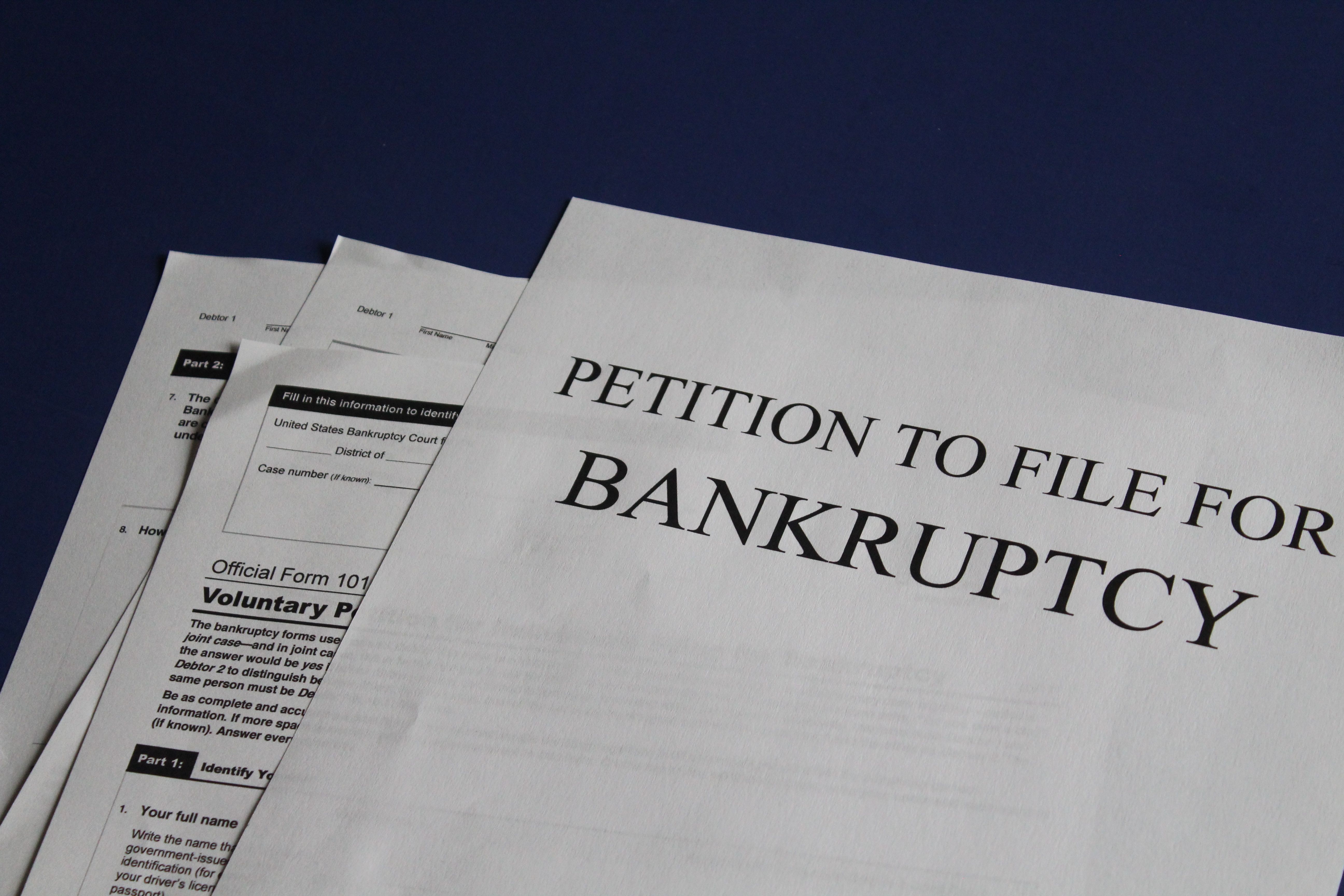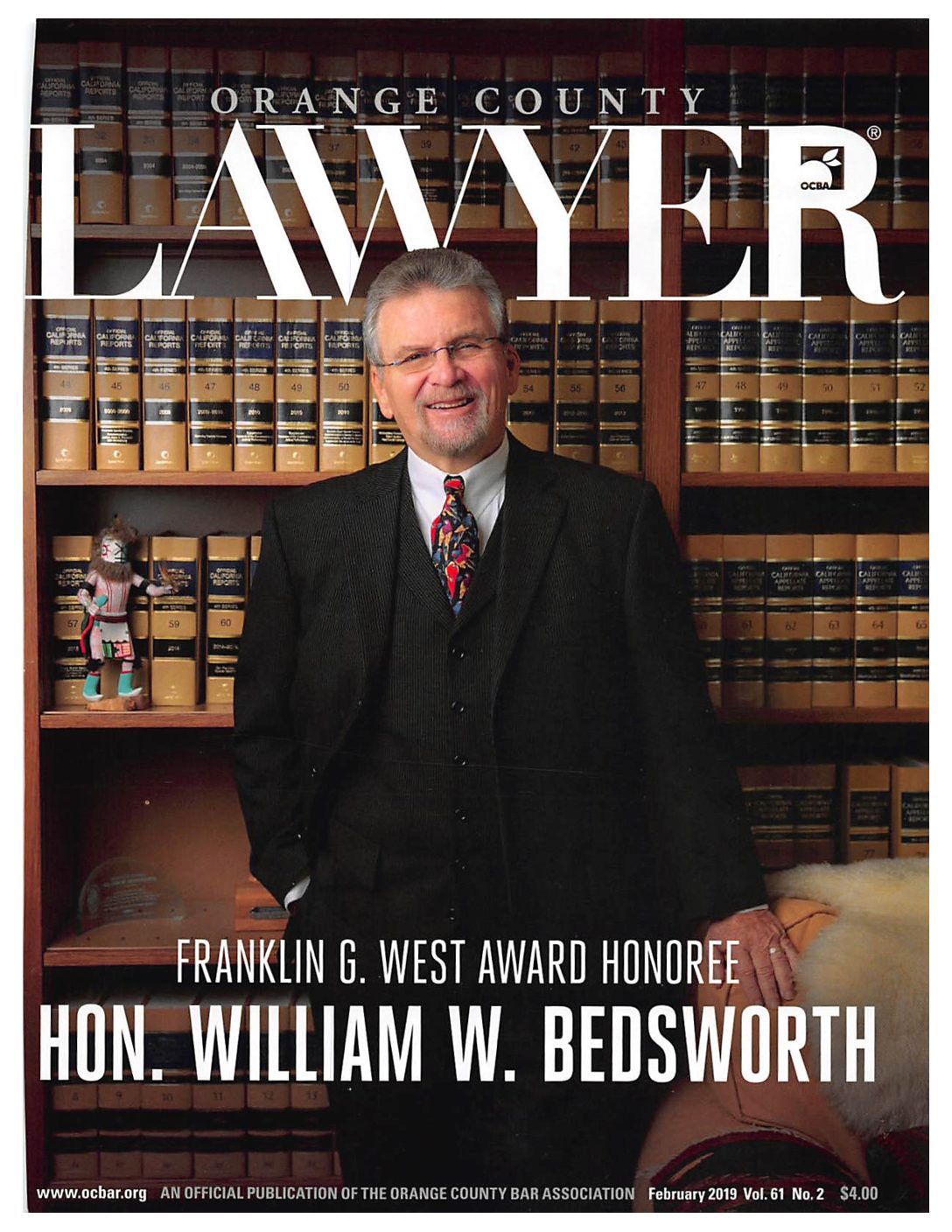It is a blessed day when you win a judgment against an individual or entity. A judge or jury has sided in your favor and you now have the opportunity to collect against the defeated party. Unfortunately, a victorious party’s ability to collect can be restrained by the United States Bankruptcy Code (11 U.S.C. § 101 et seq.). Sometimes, in an effort to prevent a creditor from collecting a judgment or monies owed, a soon-to-be “Debtor” will file a voluntary bankruptcy petition. Though it remains to be seen if the Debtor will emerge from bankruptcy, reorganize debts, and/or receive a discharge one thing is very clear: The Bankruptcy Code’s automatic stay goes in to effect immediately after the petition is filed with the Bankruptcy Court.
The automatic stay acts as an immediate blanket injunction that prevents creditors from taking actions against property of the bankruptcy estate, the debtor, and the debtor’s property. Creditors then have an “affirmative duty to discontinue post-petition collection actions.” Eskanos & Adler, P.C. v. Leetien, 309 F3d 1210, 1216 (9th Cir. 2002).
There are some exceptions to the automatic stay that are contained in the Bankruptcy Code. For example, criminal proceedings against the debtor may continue (11 U.S.C. § 362(b)(1)), actions to determine paternity or to modify or establish a support order (11 U.S.C. § 362(b)(1)), and some eviction proceedings (11 U.S.C. § 362(b)(10) and (22). A Bankruptcy Court order can terminate the automatic stay sooner, and events such as a case dismissal or debtor’s failure to take certain actions. The most common way to remove the automatic stay is by way of a relief from stay motion.
It is critical to know that violations of the automatic stay are void, not merely voidable. In re Gruntz, 202 F3d 1074, 1081-1082 (9th Cir. 2000); In re Schwartz, 954 F2d 569, 571-572 (9th Cir. 1992). As the court noted in Schwartz, void acts have no force or effect and cannot be cured or ratified. Thus, the debtor does not have to take any actions to undo the act, and can focus attention on reorganization.
Individuals injured by willful violations of the automatic stay are entitled to recover their actual damages, including costs and attorney’s fees. An “individual” is a natural person, and not a corporation under the Bankruptcy Code. In re Goodman, 991 F2d 613, 619 (9th Cir. 1993). A corporate or similar debtor could try to seek damages for contempt under 11 U.S.C. § 105. In appropriate circumstances, the debtor may be awarded punitive damages too. 11 U.S.C. § 362(k). A willful violation may also cause the Bankruptcy Court to impose civil contempt sanctions. Further, a dismissal after the stay was violated does not undue or vacate the violation. Thus, the right of the debtor to pursue the automatic stay violator for damages survives dismissal. In re Davis, 177 BR 907, 911-912 (9th Cir. BAP 1995).
A willful violation requires a showing the defendant knew of the automatic stay and defendant’s acts were intentional. “Whether the party believes in good faith that it had a right to the property is not relevant to whether the act was “willful” or whether compensation must be awarded.” In re Pace, 67 F3d 187, 191 (9th Cir. 1995). Absent actual knowledge or notice of the stay, a violation of the stay is not willful and damages under 362(k) are not awardable. In re Abrams, 127 BR 239, 244 (9th Cir. BAP 1991).
However, not every willful violation of the automatic stay will result in a damages award. A mere technical violation, such as an inadvertent phone call, causing nothing more than a minor annoyance, does not justify a damages award. In re McHenry, 179 BR 165, 168 (9th Cir. BAP 1995). If the creditor did not receive “effective notice” of the bankruptcy filing before the conduct on which the violation is predicated, there is no monetary penalty for a willful violation of the automatic stay. 11. U.S.C. § 342(g). According to the Bankruptcy Code, “Effective Notice” means that if the creditor designates an agent to be responsible for receiving notice and establishes reasonable procedures for delivering notice to that agent, a notice given to the creditor in any other way is not deemed brought to the creditor’s attention, and thus is not “effective,” until received by the designated agent. 11. U.S.C. § 342(g)(1). The fact that the creditor has established an authorized agent for service of process does not (without more) satisfy the obligation under this section of the Bankruptcy Code to designate an agent responsible for receiving notice in the bankruptcy case. In re Harvey, 388 BR 440, 446-448 (BC D ME 2008).
The Bankruptcy Code expressly states that recoverable actual damages include costs and attorney fees. 11. U.S.C. § 362(k). Courts have concluded that the court may properly award fees and costs incurred in both responding to the stay violation and prosecuting a 362(k) damages action. In re Schwartz-Tallard, 803 F3d 1095, 1100-1101 (9th Cir. 2015). Emotional distress damages are also awardable as “actual damages” under section 362(k) where the individual (i) suffers significant harm; (ii) clearly establishes significant harm; and (iii) demonstrates a causal connection between the harm suffered and the automatic stay violation. Matter of Snowden, 769 F3d 651, 656-657 (9th Cir. 2014); see also Sundquist v. Bank of America, N.A., 566 BR 563, 605-609 (BC ED CA 2017) (awarding $300,000 in emotional distress damages for wife’s documented descent into emotional despair and husband’s suicide attempt that directly resulted from Bank’s egregious behavior and illegal foreclosure of debtors’ residence in violation of automatic stay)].
While the Bankruptcy Code at section 362(k) directs courts to grant punitive damages “in appropriate circumstances,” Courts are reluctant to grant punitive damages “absent some showing of reckless or callous disregard for the law or rights of others.” In re Bloom, 875 F2d 224, 228 (9th Cir. 1989). Factors considered in determining the appropriate amount punitive damages include: (i) the gravity of the offense, (ii) defendant’s financial condition (punitive damages award “must be sufficient to sting the pocketbook of the wrongdoer”), (iii) and the amount of compensatory damages awarded. In re Sansome, 99 BR 981, 989 (BC CD CA 1989). The punitive damages award must be proportional or reasonably related to the compensatory (“actual”) damages award and will be denied where the violation of the stay caused no actual damages. See Samsome, 99 BR at 989; In re McHenry, 179 BR 165, 168 (9th Cir. BAP 1995).
The Bankruptcy Code wants to protect debtors and provide them with a chance to emerge with a fresh start. Creditors and defendants must be mindful of this and take the necessary precautions before they decide to engage the debtor will under bankruptcy protection. If not, the violation will be void, and the Bankruptcy Court will likely grant the debtor monetary damages.



